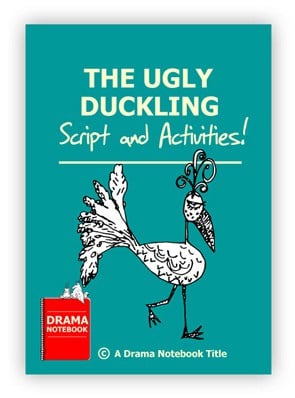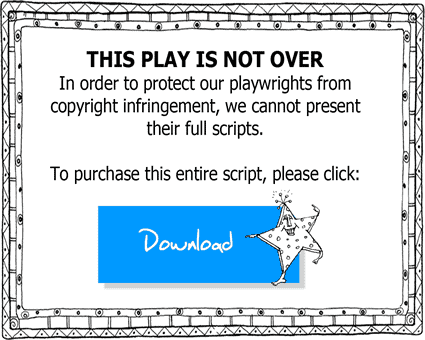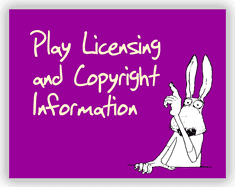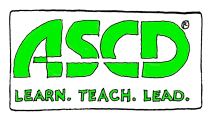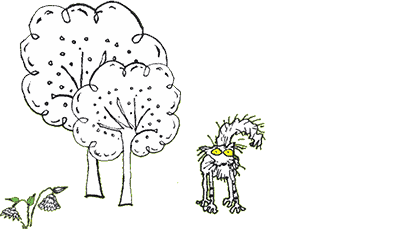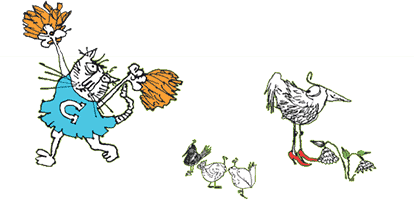“The Ugly Duckling” is a fairy tale by Hans Christian Andersen. While Andersen wrote original stories, many of his tales have their origins in folk tales. Andersen often identified with the unfortunate and the outcasts, leading some scholars to believe that he had encountered such difficulties in his own life.
Also includes:
- Study guide with background information on Hans Christian Andersen and the story “The Ugly Duckling.”
- Full page of discussion questions related to the story.
- Two pages of extension activities.
- List of suggestions for how to stage the show.
The Drama Notebook Scripts+ Activities are unique to Drama Notebook. The scripts are written to accommodate a flexible number of cast members, and the extension activities and study guides are designed to help students develop a connection to the lessons in the story and to deepen their understanding of the text.
Excerpt from the play:
Characters
Narrator One
Narrator Two
Ducklings (5-7)
Old Duck
Spanish Ducks (3-5)
Wild Ducks (3-5)
Woman
Tom Cat
Hen
Swans (4-7)
(The narrators stand downstage left and downstage right. They take turns narrating the story from the edges of the stage. Mother Duck sits on her nest in the center of the stage. Several Ducklings surround her, curled into little balls with their heads down.)
Narrator One: Down by a river, a mother duck sat on her nest waiting for her brood to hatch.
Narrator Two: She was surrounded by high reeds, hidden from predators.
Narrator One: The ducklings were taking a long time to come out of their shells.
Mother Duck: I’m tired of waiting. When are these ducklings going to hatch!
Narrator One: Suddenly, one shell cracked. Out peeked a duckling.
Duckling One: Peep peep!
Mother Duck: Quack Quack. Finally!
Narrator Two: The noise must have woken the other ducklings because soon they began to hatch.
(One at a time, the Ducklings ‘emerge’ from their shells, except for the Ugly Duckling. Each time, they say ‘peep peep’ and the Mother Duck says ‘quack quack.’ When they are all hatched, the Ducklings say in unison ‘peep peep’ and Mother Duck answers ‘quack quack.’)
Duckling Two: How large the world is!
Duckling Three: And how green!
Mother Duck: Wait until you see the garden!
Duckling Four: Let’s go!
Duckling Five: Yes, let’s go!
Mother Duck: Are you all out? No. The largest egg is still here. I wonder how long this will last. I’m tired.
Narrator One: An old duck wandered by.
(The Old Duck approaches Mother Duck.)
Old Duck: Well, how are you getting on?
Mother Duck: One egg is not hatched yet. But just look at all the others. Are they not the prettiest little ducklings you ever saw?
Old Duck: They are fine ducklings indeed. Let me see the egg that will not break.
(Mother Duck shows her the last ‘egg.’ It is the crouched down Ugly Duckling.)
Old Duck: That’s a turkey’s egg. They don’t swim. Take my advice. Leave it where it is and teach the other children to swim.
Mother Duck: I think I will sit on it a while longer. A few more days won’t hurt.
Old Duck: Don’t say I didn’t warn you.
Why Subscribe?
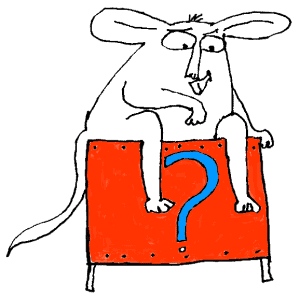 Inside Drama Notebook, you will find a huge collection of well-organized lesson plans, scripts for kids, drama activities, 50 drama games on video and more! Join today and dramatically reduce your planning time while delivering fresh, innovative drama lessons to your students! If you are new to teaching drama, this site will be a Godsend! You will immediately feel confident about teaching drama like an expert. The site guides you step-by-step and provides you with materials that you can use right away with your students.
Inside Drama Notebook, you will find a huge collection of well-organized lesson plans, scripts for kids, drama activities, 50 drama games on video and more! Join today and dramatically reduce your planning time while delivering fresh, innovative drama lessons to your students! If you are new to teaching drama, this site will be a Godsend! You will immediately feel confident about teaching drama like an expert. The site guides you step-by-step and provides you with materials that you can use right away with your students.
If you have been teaching for years, Drama Notebook will inspire you with a fresh new approach and innovative ideas!
The site is packed with original, innovative lessons and activities that you will not find anywhere else—and new materials are added monthly.


